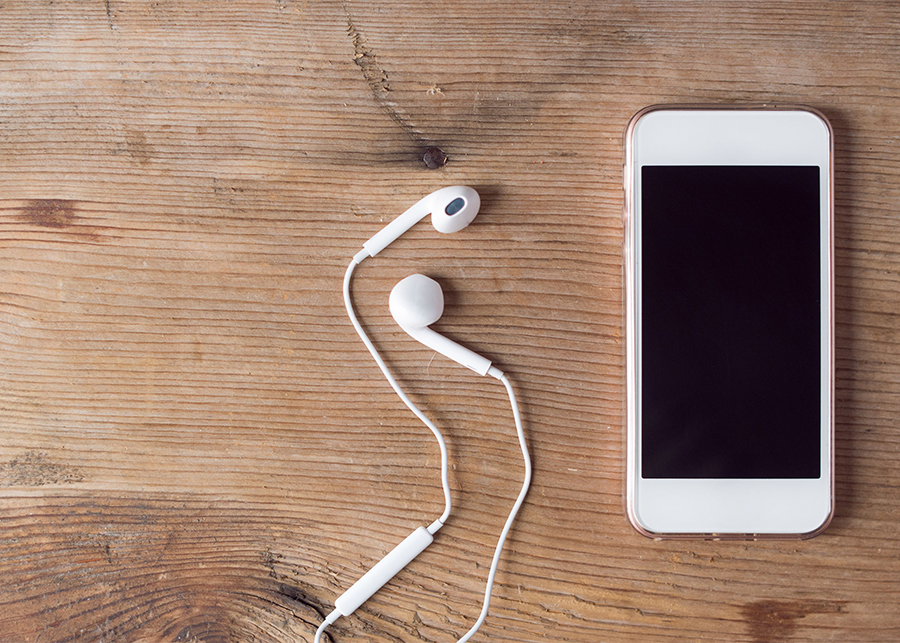Modern smartphones can be extremely useful. They allow you to connect with friends and family, keep up with your favorite news sources and blogs, and even access information about your health conditions. However, if you suspect that your phone has been compromised by someone who isn’t using it in the way that you intended, how do you know if your phone is tapped?
Do you know how to know if your phone is tapped? Your smartphone is a powerful tool that can help you stay connected with the world, organize your life, and access information when you need it. But did you know that your phone can also be a powerful spying tool? If you’re concerned that someone may be listening in on your calls or reading your texts, here are a few ways to know if your phone is tapped. Keep in mind that if you do suspect that your phone is being monitored, it’s best to take steps to secure it and contact law enforcement for help.
Here’s How To Know If Your Phone Is Tapped?
The monitoring of telephone and Internet-based discussions by a third party, often covertly, is known as telephone tapping. The term wire tap is derived from the fact that, in the past, a monitoring connection was an actual electrical tap on the telephone line. A lawful interception by a government agency is referred to as lawful tapping. Passive wiretapping listens to or records the traffic, whereas active wiretapping modifies or influences it.
Telephones exchanges were mechanical until the invention of the tap, which required technicians to connect circuits together in order to route the voice signal from the call. Now that many exchanges have been transformed to digital technology, tapping is far easier and may be done remotely from a computer. In 1995, Wayne Howe and Dale Malik at BellSouth’s Advanced Technology R&D group developed the central office switch wiretapping technology known as the Advanced Intelligent Network (AIN).
It’s hard to tell whether a tap is installed on a phone wire when it’s well-designed. Some law enforcement may be able to access a mobile phone’s internal microphone even if the battery isn’t being used on a call in some areas (unless the battery is removed or drained).
Conversations may be illegally recorded or observed unofficially either by a third party without the knowledge of the parties or by one of the participants. This is dependent on the circumstances and jurisdiction.
There are a number of methods to listen in on telephone conversations. One of the participants may record the conversation using a tape or solid-state recording device, or they might use a computer with call recording software installed. The recording, whether overt or covert, may be started manually, automatically triggered by sound on the line (VOX), or automatically whenever the phone is left off the hook.

Answer: There is no one sure way to know if your phone is tapped, as it would depend on the particular situation and the technology used by the person or organization doing the tapping. However, there are some general tips that can help you determine if your phone is being monitored in some way.,
First, keep an eye on your data usage. If you notice that your data usage has increased significantly even though you haven’t changed your habits or downloaded any new apps, that could be a sign that someone is spying on your activities through your phone. Additionally, if you suddenly start receiving a lot of spam texts or calls, that could also be a sign that someone is trying to track your movements and conversations.
If you hear clicking sounds, static, or distant voices during conversations on your phone, it could be an indication that you’re being snooped on. This is not typical for today’s smartphones operating over digital networks. It’s an obsolete technology that’s been phased out and linked with antiquated analog networks. It’s possible that your phone has been tapped if you’re hearing jumbled voices.
Reduced battery performance is one of the most common signs that a cell phone has been tapped. A mobile phone may be tapped, recording your activities and sending them to a third party. This results in an imprint on the form of greater battery usage, with the result that the battery depletes faster. A tapped phone may record conversations in the room even if it appears to be idle. And of course, as a consequence, it will consume battery life rapidly. You could check this by testing your battery on another phone of the same manufacturer and seeing what you find.
When a smart phone is shut down, it must finish any tasks that are in progress. Before your phone turns off, it must transmit data to someone. If a phone takes longer than usual to turn off, especially after making a call, sending a text message, conducting an online search, or composing an email, it might be leaking data to third parties.
How To Know If Your Phone Is Tapped? Result
The two main reasons a mobile phone is tapped are to know its location and to intercept calls. The most common way to do that is by installing a spy program or app on the device. Another result of tapping a cell phone may be that it starts running with greater frequency, simply because it has not been turned off. If your phone doesn’t seem to have as much battery power than before, and if you think it might have been tapped, you could check this with another device of the same make. Keep in mind that other issues could also lead to the reduction of battery life – like using the GPS, downloading videos or playing games.
F.A.Q
How do I block my phone from being tracked?
It is important to note that in order to prevent your Android device from being tracked, you must turn off both Location Reporting and Location History. If you choose to turn off one of these options without the other, then it is possible for your device to still be tracked.
Can someone listen to you through your phone?
We want to be clear that this is not possible, and that a phone cannot be hacked for this reason. There are also many apps that can detect when your microphone is turned on, so you can see if an app was recording anything. This is a good way to ensure that what you’re saying with your voice isn’t ending up elsewhere through your mobile device’s microphone.







